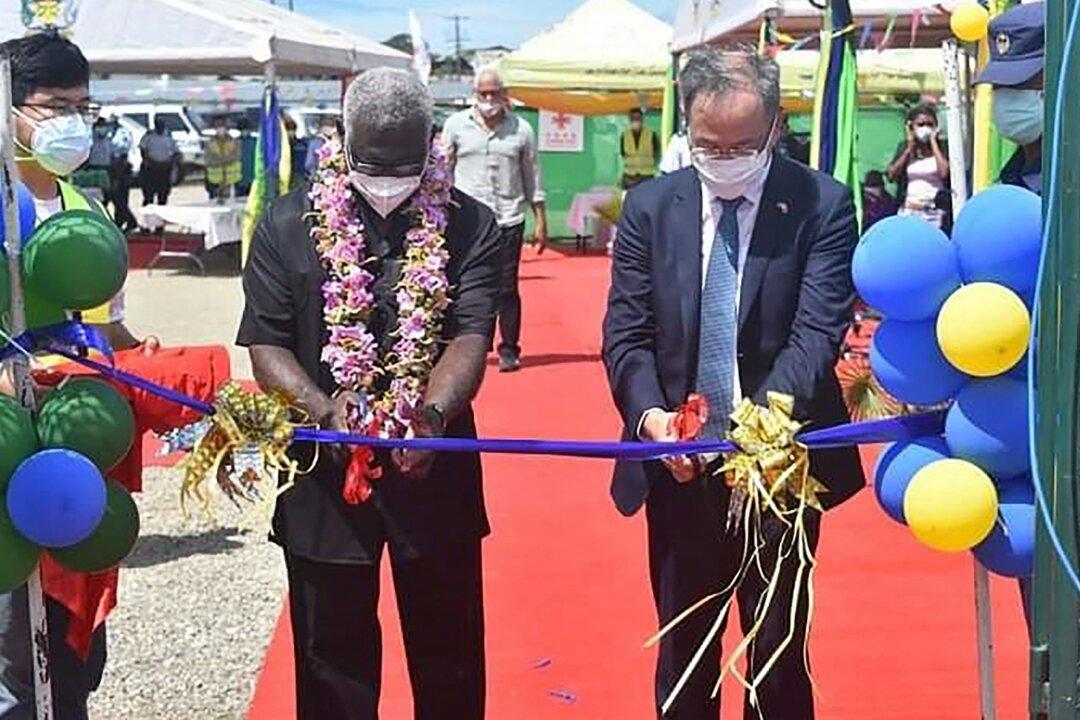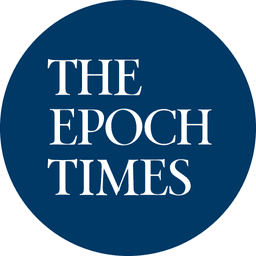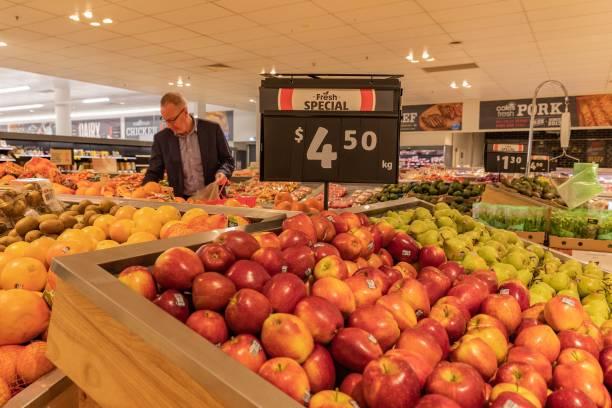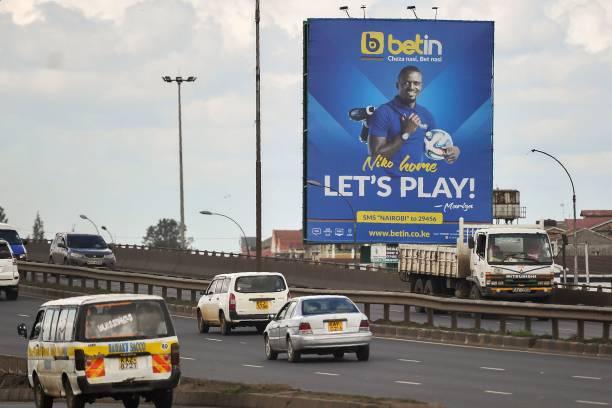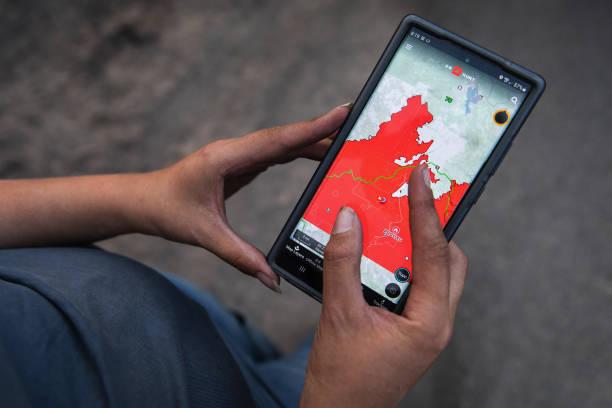A leading security expert has questioned the Solomon Island prime minister’s latest claim that Australia remains the country’s top security partner over China.
Prime Minister Manasseh Sogavare wouldn’t be able to withstand any pressure from Beijing, according to Malcolm Davis of the Australian Strategic Policy Institute (ASPI).
